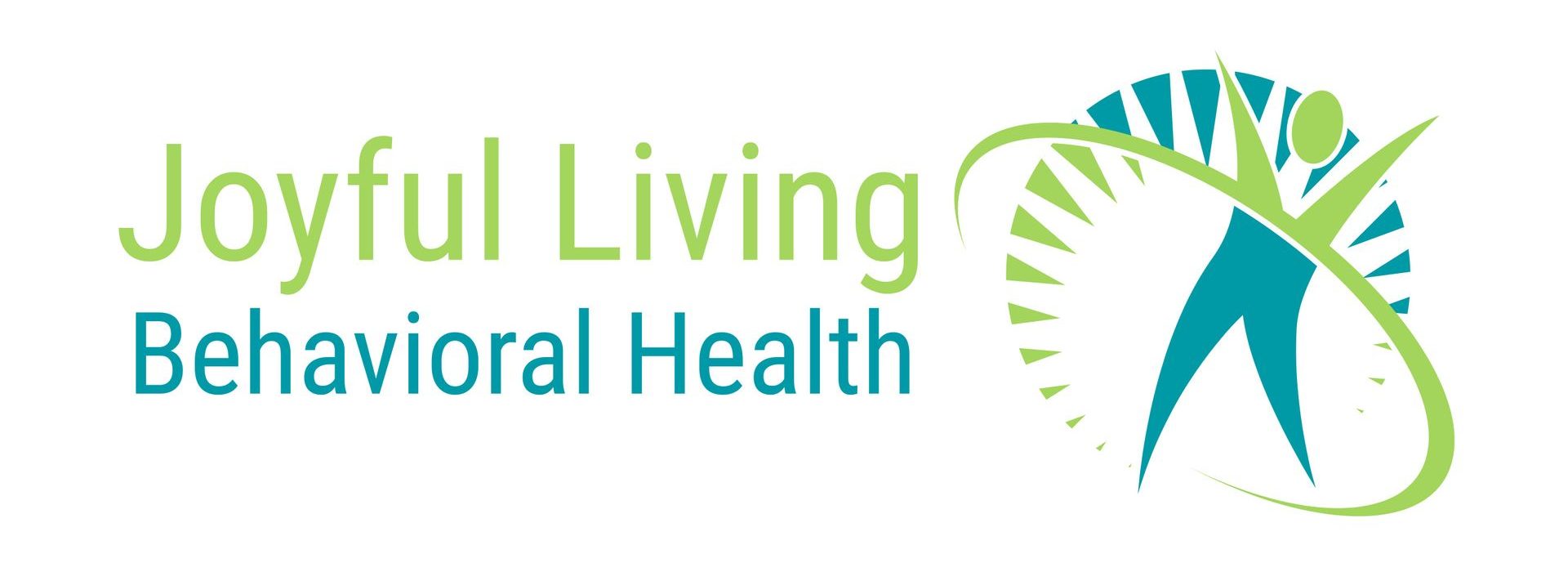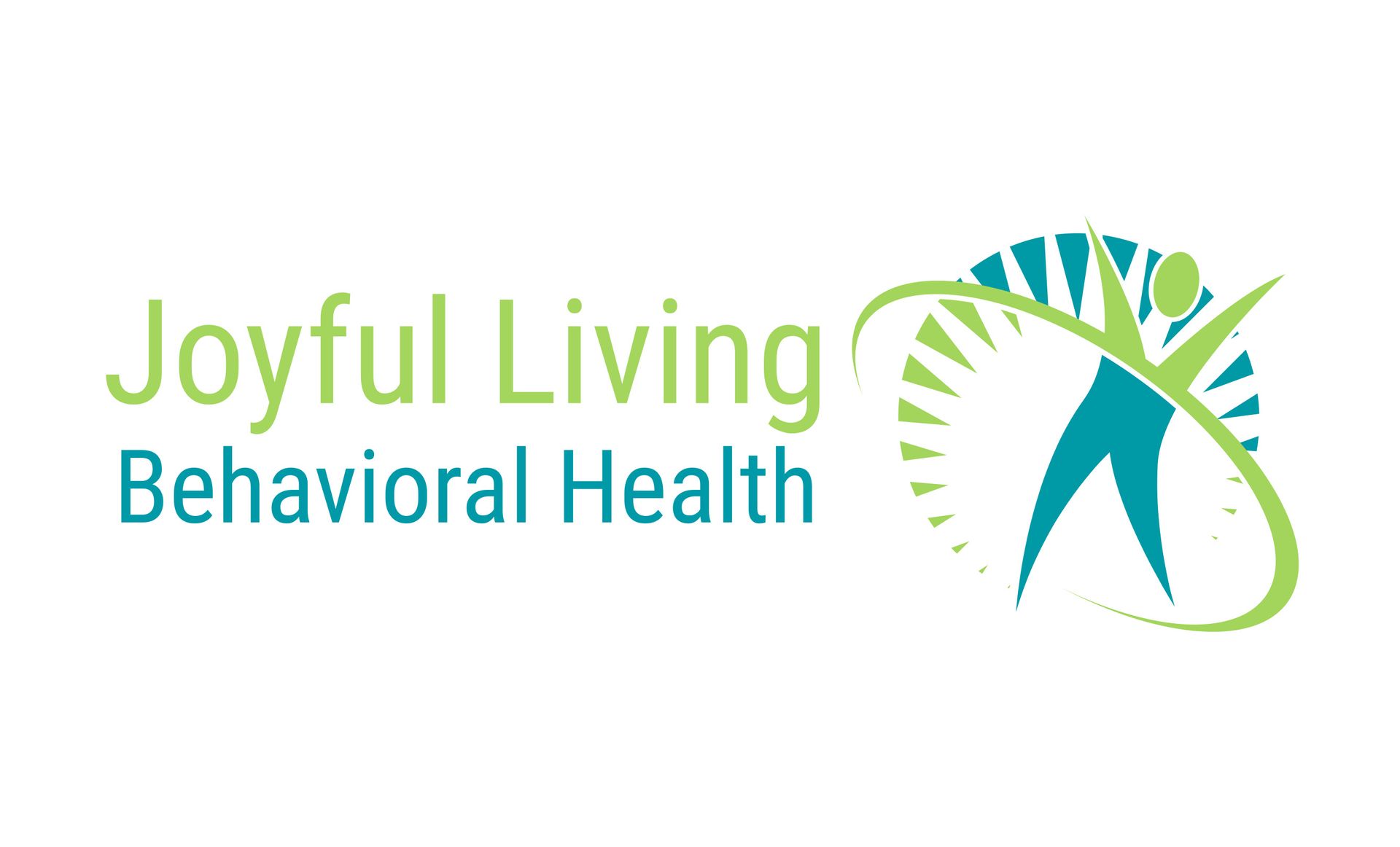Are you struggling with overwhelming emotions or recurring memories that seem stuck in your mind? Do past experiences continue to shape how you feel, think, and react in everyday life? At our practice, we offer Eye Movement Desensitization and Reprocessing (EMDR) therapy to help individuals process and move past traumatic or distressing events. EMDR is a research-backed treatment designed to rewire the brain’s response to trauma, promoting emotional relief and long-term healing.
What Is EMDR Therapy?
Eye Movement Desensitization and Reprocessing (EMDR) is a structured, evidence-based psychotherapy approach proven effective in treating trauma and various psychological challenges. EMDR integrates elements from different therapeutic modalities and follows a standardized protocol that facilitates adaptive processing of memories.
Developed in the late 1980s, EMDR initially gained recognition as a treatment for post-traumatic stress disorder (PTSD). Since then, it has evolved into a broader therapeutic method that targets emotional wounds, maladaptive beliefs, and negative patterns that stem from distressing life events. It helps individuals break free from the emotional grip of the past and improve their present functioning.
How Does EMDR Work?
EMDR therapy uses a unique technique called bilateral stimulation, usually in the form of guided eye movements, to activate alternating sides of the brain. This process mimics the brain activity that naturally occurs during rapid eye movement (REM) sleep, the phase when the brain processes memories and emotions.
During an EMDR session, the therapist guides the client through recalling a troubling memory while simultaneously engaging in bilateral stimulation. This helps the brain access and reprocess stuck or unintegrated memories, allowing for more adaptive thinking and emotional regulation. Over time, distressing thoughts lose their intensity, and the individual gains new insights and perspectives.
What Can EMDR Therapy Help With?
Although EMDR was originally developed for PTSD, its applications extend to a wide range of mental health concerns. It has been shown to be effective in treating:
Panic Attacks
EMDR helps clients address the root cause of panic—often unprocessed fear or trauma—reducing the frequency and intensity of episodes.
Complicated Grief
This therapy can assist in processing the pain of loss, especially when grief is prolonged or tied to unresolved emotional wounds.
Dissociative Disorders
EMDR promotes integration of fragmented experiences, helping clients regain a sense of wholeness and stability.
Disturbing Memories
Memories that continue to trigger distress can be reprocessed, reducing emotional reactivity and restoring peace of mind.
Phobias
EMDR addresses the underlying fears and traumatic roots of irrational phobias, allowing for healthier responses.
Pain Disorders
Chronic pain is sometimes linked to emotional trauma. EMDR can target and reframe the psychological contributors to pain.
Performance Anxiety
EMDR therapy uncovers and shifts negative self-beliefs that fuel fear in high-pressure situations.
Addictions
By targeting the emotional pain or trauma underlying addictive behaviors, EMDR supports recovery and relapse prevention.
Stress Reduction
It offers powerful tools for managing stress by processing unresolved triggers and improving emotional resilience.
Sexual and/or Physical Abuse
EMDR helps survivors work through traumatic memories, restoring a sense of safety, control, and empowerment.
Body Dysmorphic Disorders
EMDR can address the underlying self-esteem issues and distorted beliefs that contribute to body image distress.
Personality Disorders
While complex, EMDR has shown promise in helping clients with personality disorders reframe deeply held negative self-beliefs and emotional patterns.
Is EMDR Therapy Right for You?
You don’t need a specific diagnosis to benefit from EMDR. If you often experience emotions that feel excessive or disproportionate to the situation, or if you’re triggered by certain people, places, or situations, EMDR may help. Many people hold onto limiting beliefs about themselves, such as “I’m not good enough” or “I’m unlovable,” even though they know on a logical level those beliefs aren’t true. EMDR helps reprocess those internalized messages, offering lasting change and emotional freedom.
Discover the Healing Power of EMDR Therapy in Eugene, OR
Whether you’re carrying the weight of trauma or navigating difficult emotions that impact your daily life, EMDR therapy may provide the relief and clarity you’ve been seeking. It is a powerful tool for transformation and emotional healing. Contact us today for a free phone consultation to see if EMDR might help you release what no longer serves you.


